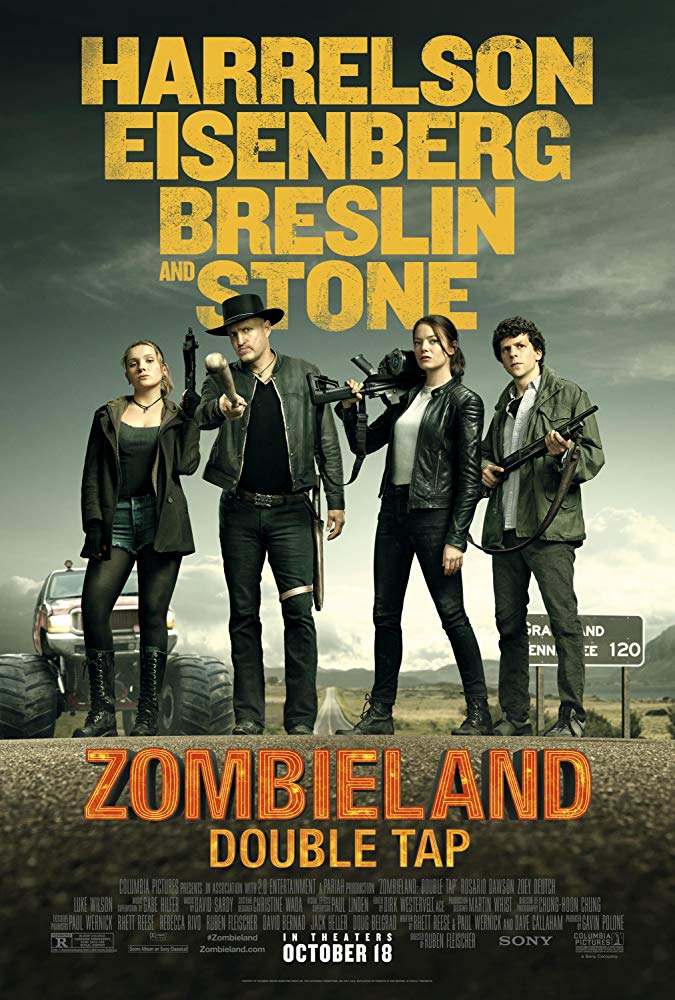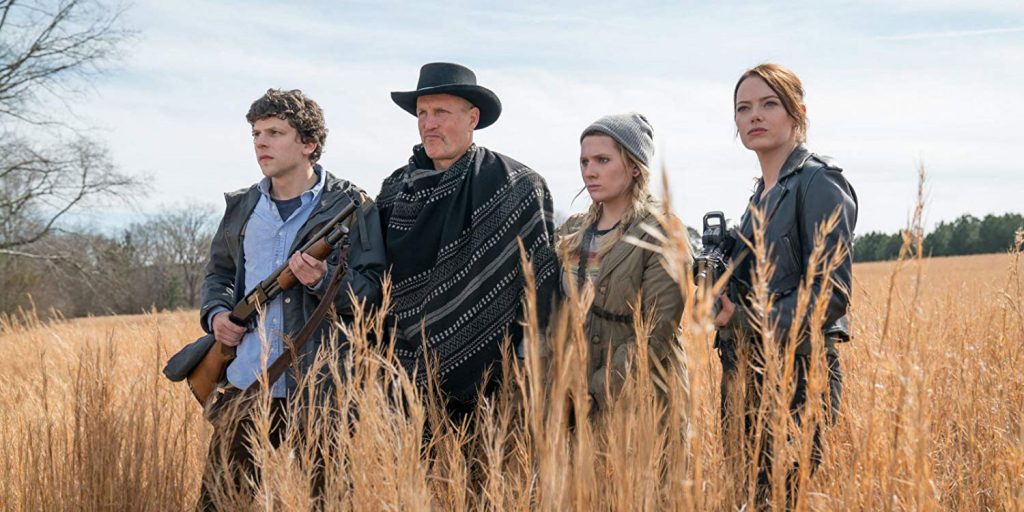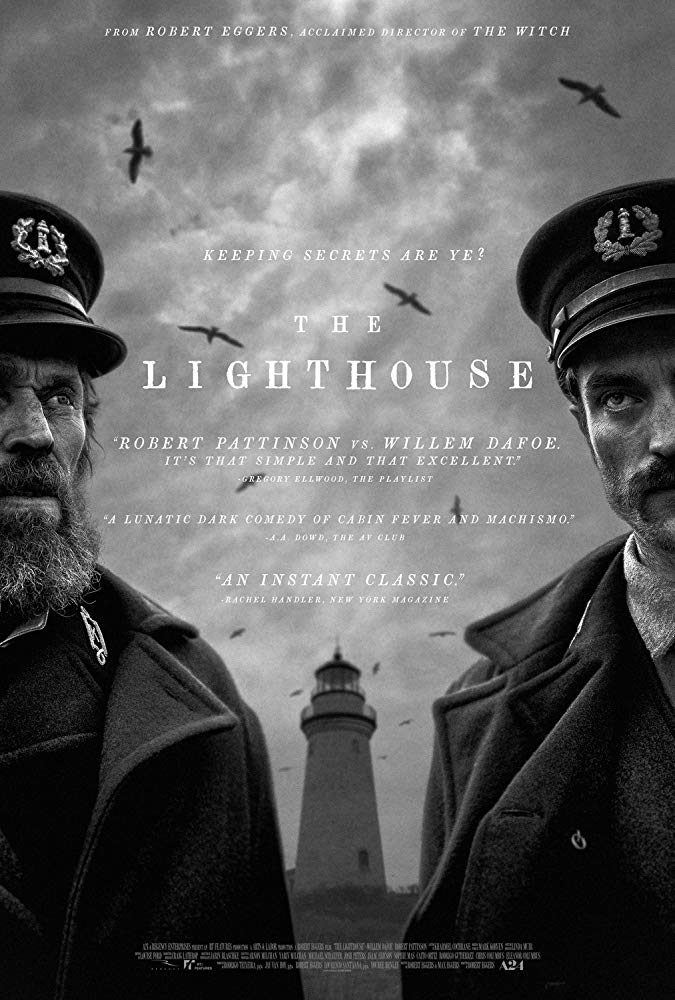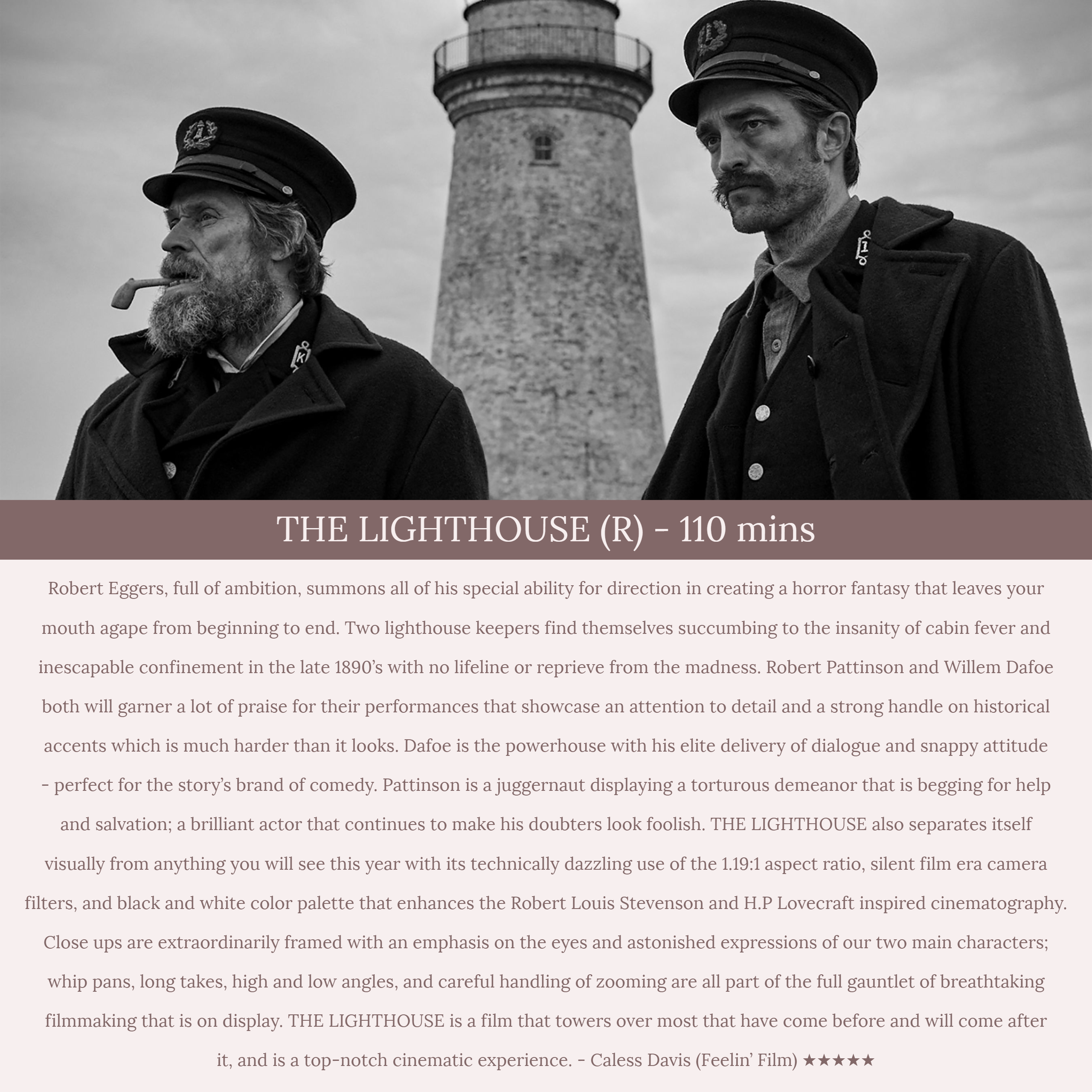LESSON #1: THE PEANUT BUTTER FALCON MAY BECOME THE MOST IMPORTANT FILM OF 2019— Look at me writing a clickbait headline. I, and many others, think the world of this film (5-star review), but it is now making an impact far bigger in the grand scheme of things than another Scorsese masterpiece entry or Marvel blockbuster. Thanks to its emerging star Zack Gottshagen, The Peanut Butter Falcon has started a groundswell of hiring and representation for performers with intellectual disabilities, as outlined in a recent article in The Hollywood Reporter. That is absolutely huge and a benefit far greater to the industry than hardware and money. This is, without a doubt, the best industry story I’ve seen this month and maybe this year. Folks, see this film for how special it is and not just because of the “special” people in it.
LESSON #2: GET THE BIG MONEY OUT OF THE OSCARS— I wonder if casual fans notice as much of the “For Your Consideration” stuff as a film critic like myself does. I’m guessing people see the extra language on marketing materials and maybe the occasional magazine ad. Folks, let me tell you, the studio-powered promotion machines to get their films front-and-center for awards season are unchecked and on the same level as all the wild political campaigning you see in public life. While I’m happily inundated with screeners and materials during this time of year as a critic in two awards-voting bodies, I can do the math on the sheer volume of money being spent just to get a name or two mentioned and it’s completely too much. Sadly, these full-court press tactics work on the weak groupthink voters at all the levels of this industry. Voters should be more discerning rather than easily fickle and the pushiness should stop. More people are finally standing up to say something about it and I’ll join them.
LESSON #3: THERE ALMOST ALWAYS COMES A POINT WHERE A FREE GOOD THING WILL SOMEDAY COST MONEY— I was as surprised and bummed as any other casual box office statistics fan when levels of the Box Office Mojo site where absorbed by the subscription-required IMDb Pro site. Amazon has owned Box Office Mojo since 2008, where I’m surprised it took this long for such a switch. The basics are there, but the original site was so much tighter and immersive with its data. The new one is very watered down. Let’s see if it can evolve back into an industry leader.
LESSON #4: EASY ON THE INFLATED TROPHIES, HOLLYWOOD BEAN COUNTERS— Speaking of Box Office Mojo, the congratulatory headlines were inescapable this week that Joker will “officially” become the highest grossing R-rated film of all-time. Child, please. I do this often, but go to the inflation-adjusted numbers and slow your roll, folks. Joker has earned over $250 million domestically and triple that overseas and deserves every success, no doubt. But wake me up when it touches (let alone climbs near the top of) the Top 200 on the all-time inflation-adjusted list before you start handing out those title belts. It’s not catching The Exorcist at #9 or many more of the R-rated films on that list. Dream on, Warner Bros.
LESSON #5: EVERYONE NEEDS A BREAK AND SHOULD TAKE ONE— I applaud 23-year-old Timothee Chalamat who spoke to Vogue about desperately needing to take a break from acting after a solid few years of constant work. Other actors have done it for years and it’s always a smart play for physical, mental, and emotional recharge and renewal. As they say, “absence away makes the heart grow fonder.” Expect a committed and improved Chalamat when you see him after. More actors should do this, if even for the fact of not becoming overused and overexposed, let alone to recuperation.
LESSON #6: DON’T BEAT DEAD HORSES— In the latest log on the fire stoked by many of Hollywood’s creative bankruptcy, something that was ran into the ground will now be dusted off and run into the ground again. Disney has tabbed Chernobyl creator Craig Mazin to join franchise writers Ted Elliott and Terry Rossio to reboot the Pirates of the Caribbean franchise. I know I’ve said it somewhere before in this column, but put some time between death and rebirth. Sure, when you go all the way back to 2003, it will be nearly 20 years since the first movie, but it’s only been two years since its last one. Wait twenty years after that instead and then dazzle us with a new take in 2037. Go away and try your own “absence makes the heart grow fonder.” We still freshly remember the s–t show.
LESSON #7: SLOW THE F–K DOWN, YOU BINGER— Speaking of taking a break, the entertainment you consume is supposed to be rich and entertaining experience. Why would you speed it up just to get more? Word around the campfire is Netflix is experimenting with the possible setting of showing its content at 1.5x speed. Come on, man. Have some patience. Part of the magic of film and TV shows is the editing of pace and timing. Those are crucial and deliberate creative traits. Don’t ruin that because of your impatience.
LESSON #8: IF YOU WANT CUSTOMERS, GIVE SOMETHING EXCITED AWAY— Verizon isn’t hurting for business or customers, but you know they’ve dropped the swag of swag in offering full-year Disney+ subscriptions to new and existing unlimited data home and wireless customers. That sure beats a toaster or set of steak knives. Good luck topping that, Sprint and T-Mobile. Well played, Verizon.
LESSON #9: TURN UP THE BRIGHTNESS ON THE THEATRICAL EXPERIENCE— I won’t jump to the alarmist “ruining the the theatrical experience” level that Edward Norton in implying in a recent interview in The Daily Beast, but the firebrand actor that never minces his words is right. Improper brightness and poor sound in cheap and untrained theater chains can make a bad enough viewing experience to turn off ticket-paying moviegoers. If you’re going to pay today’s full prices on the promises of a superior experience to the 4K and HD stuff capable from your couch, you should get it. The luminosity talk in his interview was fascinating. I notice it too and he isn’t wrong.
 DON SHANAHAN is a Chicago-based and Rotten Tomatoes-approved film critic writing on his website Every Movie Has a Lesson. His movie review work is also published on 25YL (25 Years Later) and also on Medium.com for the MovieTime Guru publication. As an educator by day, Don writes his movie reviews with life lessons in mind, from the serious to the farcical. He is a proud director and one of the founders of the Chicago Independent Film Critics Circle and a member of the nationally-recognized Online Film Critics Society. As a contributor here on Feelin’ Film now for over two years, he’s going to expand those lessons to current movie news and trends while chipping in with guest spots and co-hosting duties, including the previous “Connecting with Classics” podcasts. Find “Every Movie Has a Lesson” on Facebook, Twitter, and Medium to follow his work. (#119)
DON SHANAHAN is a Chicago-based and Rotten Tomatoes-approved film critic writing on his website Every Movie Has a Lesson. His movie review work is also published on 25YL (25 Years Later) and also on Medium.com for the MovieTime Guru publication. As an educator by day, Don writes his movie reviews with life lessons in mind, from the serious to the farcical. He is a proud director and one of the founders of the Chicago Independent Film Critics Circle and a member of the nationally-recognized Online Film Critics Society. As a contributor here on Feelin’ Film now for over two years, he’s going to expand those lessons to current movie news and trends while chipping in with guest spots and co-hosting duties, including the previous “Connecting with Classics” podcasts. Find “Every Movie Has a Lesson” on Facebook, Twitter, and Medium to follow his work. (#119)




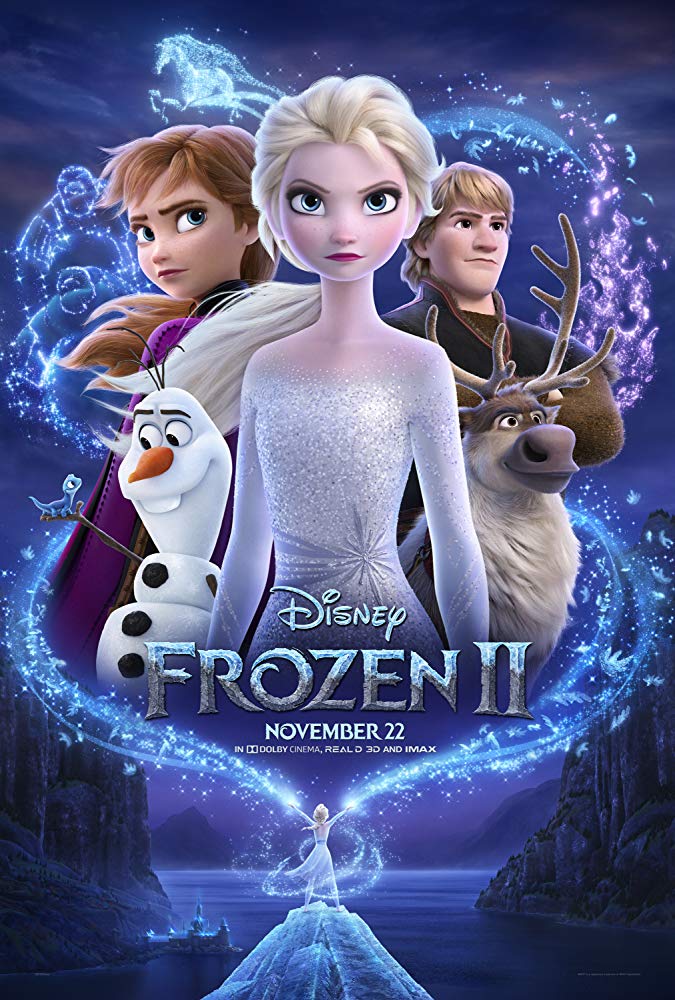

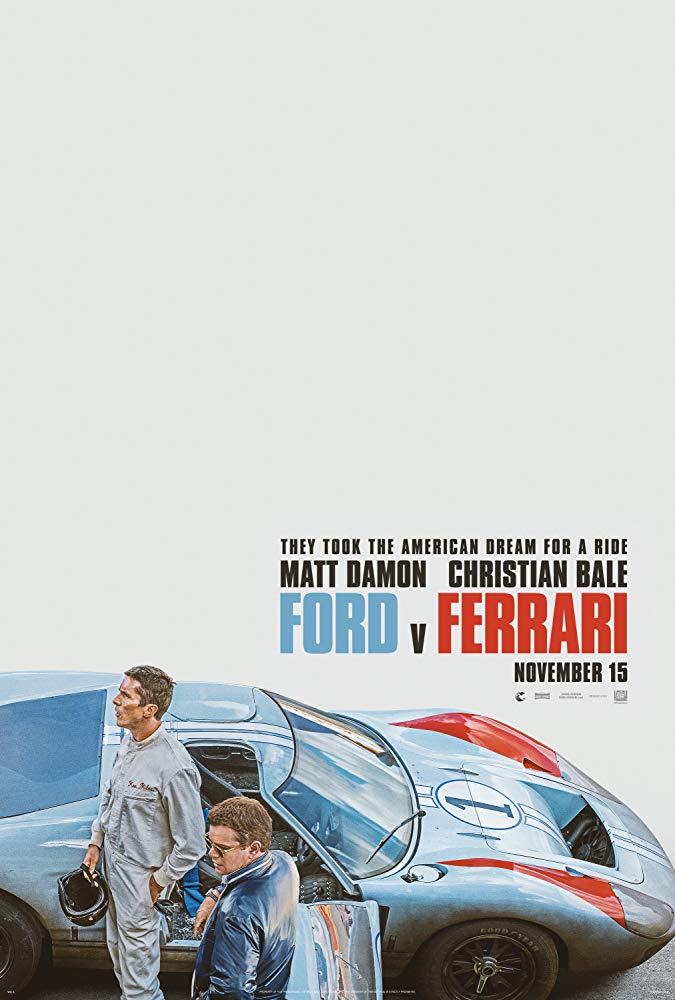
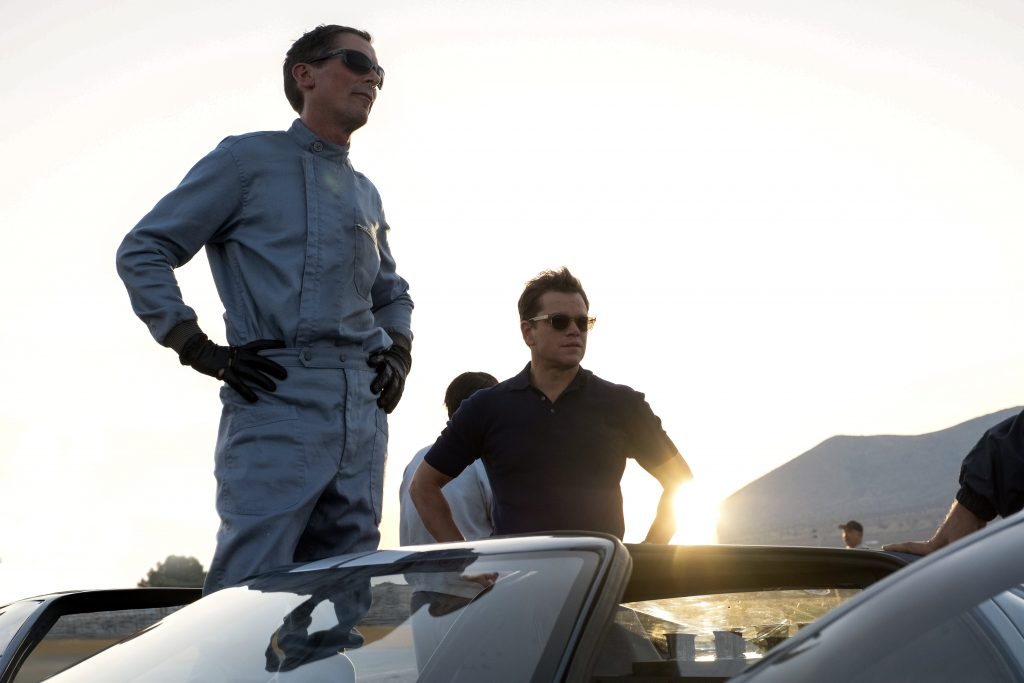
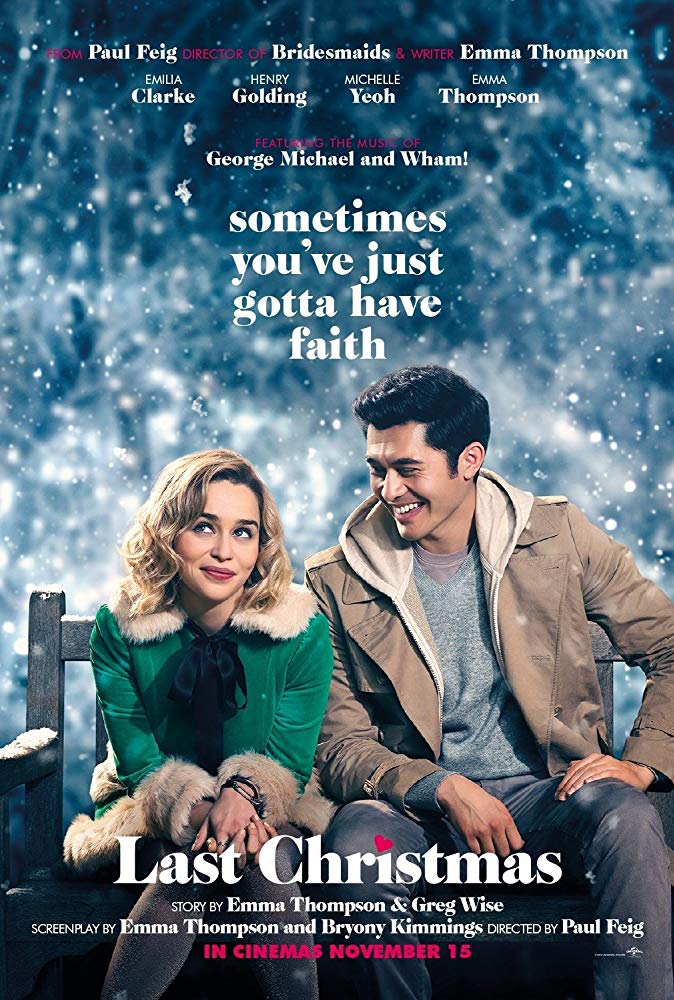
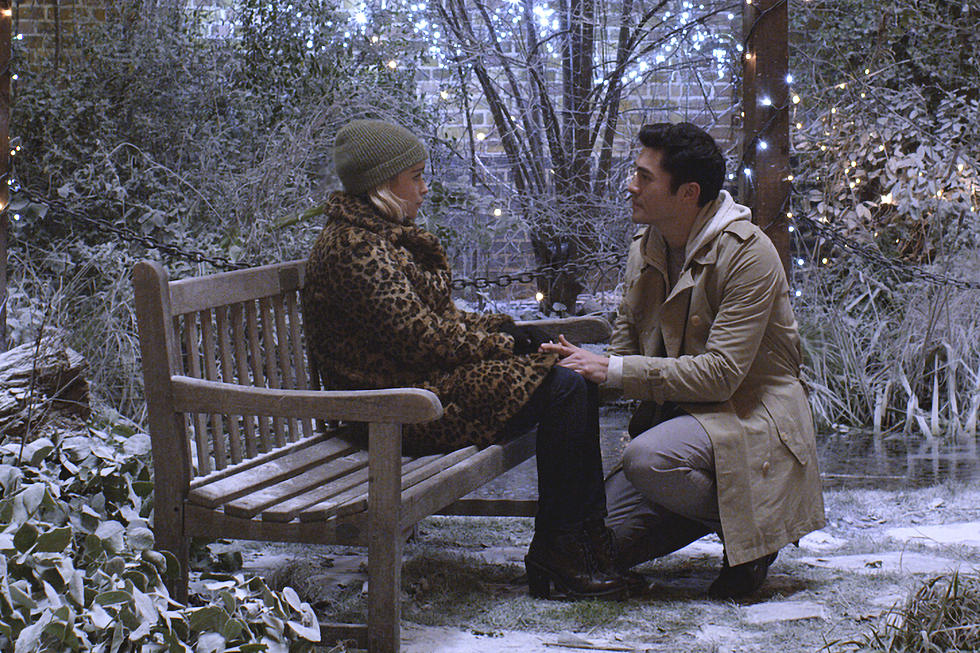
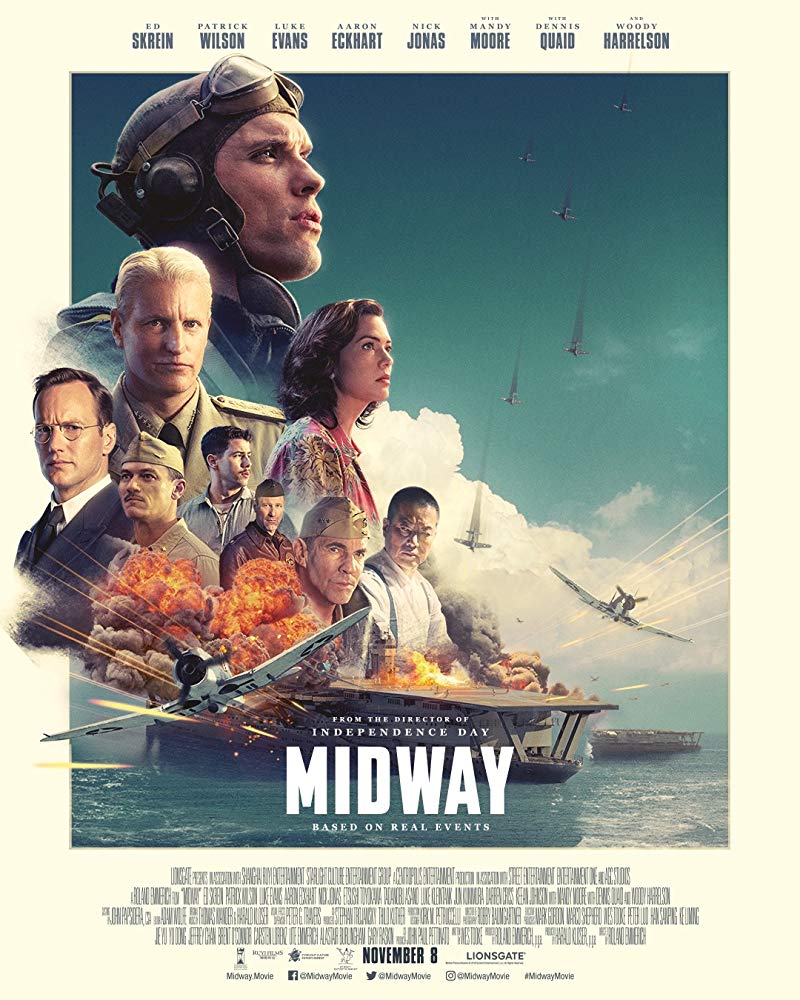


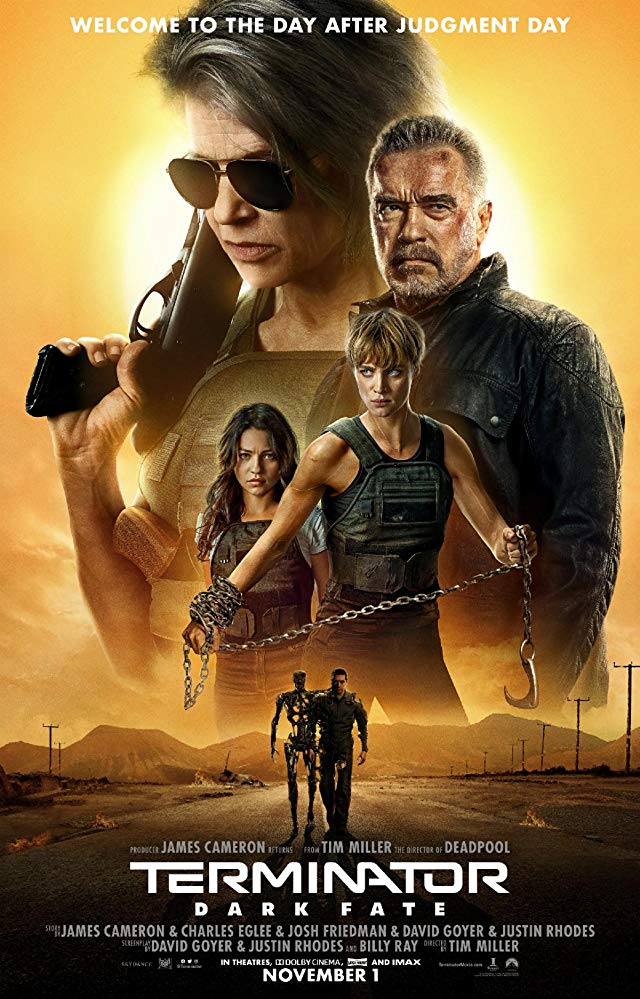

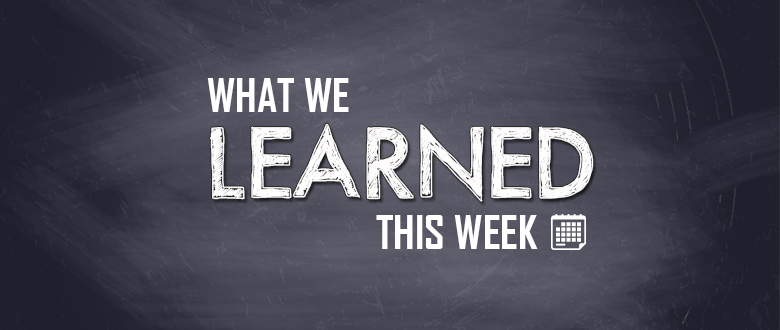
 DON SHANAHAN
DON SHANAHAN